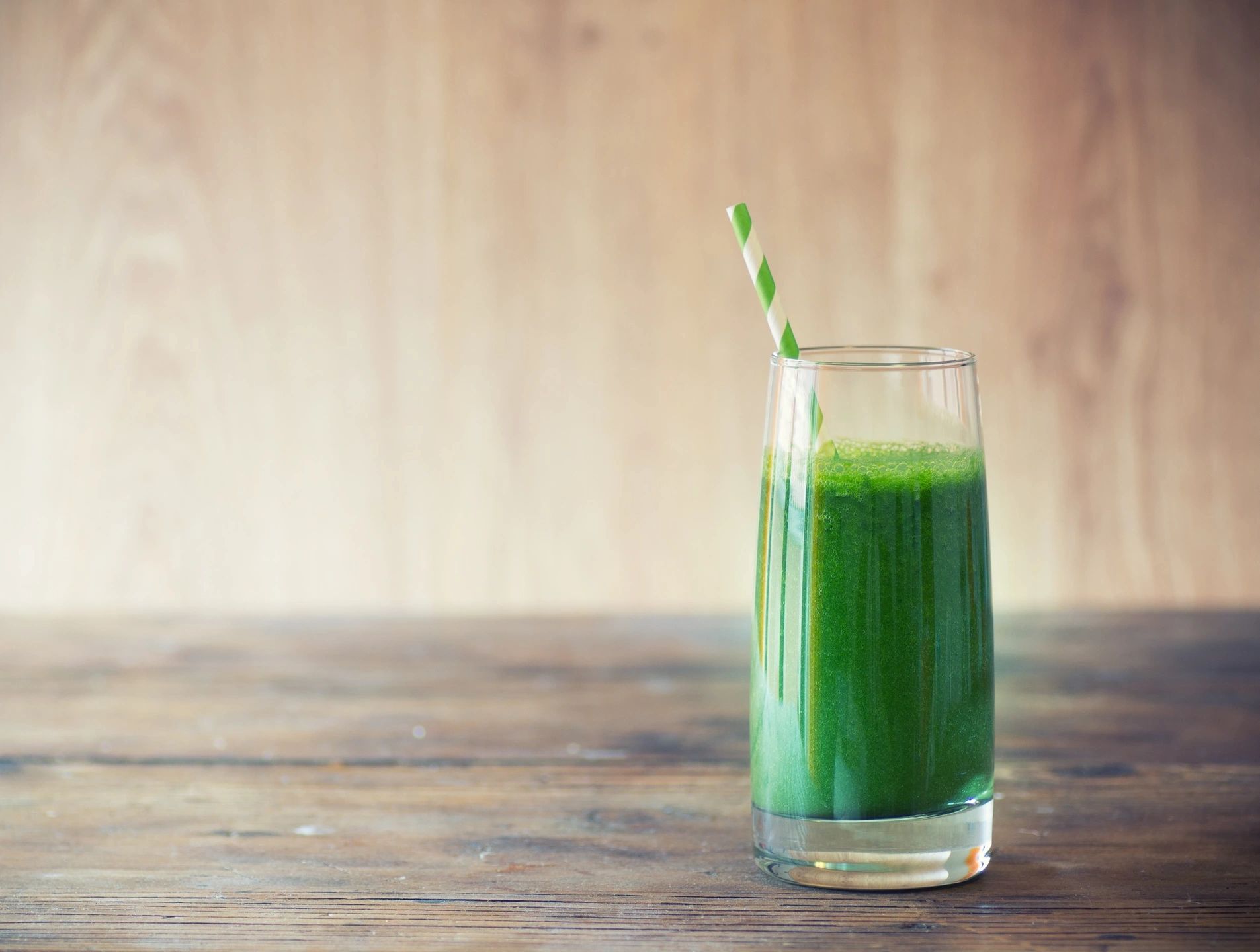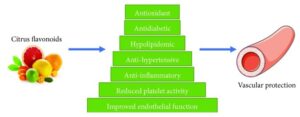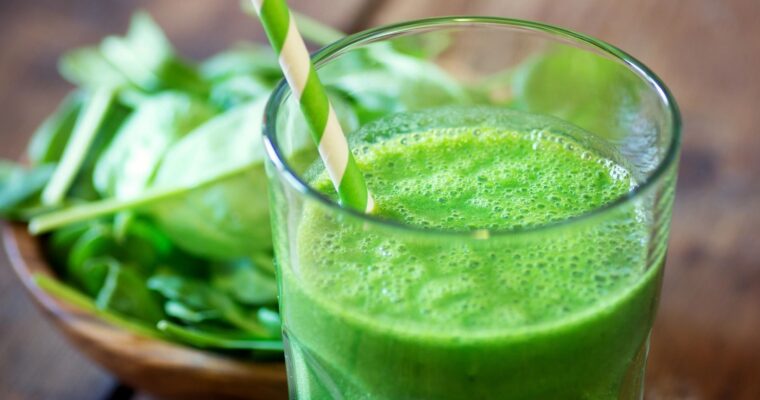What is Angina?
Dr. Claire Arcidiacono, ND
Angina or heart/chest pain is one of the first signs that many experience when they have heart disease. However there are other conditions that mimic angina. One of these is anxiety. Angina and anxiety share many symptoms including a feeling of chest pain, nausea, rapid heartbeat, breathlessness and a feeling that the heart is being squeezed. Because the two are so similar it is important to see a doctor to confirm what is causing the chest pain. As I always say it’s better to be safe than sorry. (1)
Now let’s do a quick review of symptoms. The general symptoms of angina include chest pain that may feel like its burning, squeezing or even just feels very full. There may be a feeling of pressure in the chest area. The pain may also radiate to the arms, neck, jaw, shoulder or back. There may be a feeling of dizziness, nausea, shortness of breath, and even increased sweating. Now remember how when I wrote about heart attack I mentioned that in some cases women are more likely to have atypical symptoms? Well that is also true with angina. Some women may have the typical symptoms or may present with more severe stomach pain, nausea, shortness s of breath, stabbing pain or pain in the jaw, neck or back. (2)
Now I know I spoke about how Angina and Anxiety resemble each other and even went over some of the symptoms of angina but what exactly is angina? Angina is a condition where there is chest pain caused by a decrease in the blood flow to the heat. General signs of angina are as I said a feeling of pain, squeezing, pressure and tightness in the chest. Angina is broken down into 4 types. These are stable, unstable, variant and refractory. (2)
Let’s start with the most common form of angina, stable angina. Stable angina is caused by activity or emotional stress. When you have stable angina the symptoms are often predictable because the same amount of activity will trigger angina to occur. The symptoms will improve with rest or medications. (3)
Unstable angina causes unexpected chest pain and occurs while you are resting. Unlike stable angina it is considered to be an emergency situation. Additionally unstable angina unlike stable angina is not relieved by rest or medication. (4)
Variant Angina is also known as Prinzmetal or vasospastic angina. In this case the angina occurs usually while you are asleep and resting. Unlike other forms of angina where coronary artery disease is the common cause of the decreased blood flow in variant angina the decrease in blood flow is caused by spasms of the coronary arteries. These spasms can be caused by medications, recreational drug use, tobacco and stress. This type of angina is considered rare and according to the American Heart Association accounts for only 2 out of every 100 cases of angina. (5)
The last type of angina is refractory angina and is defined as “a chronic condition of angina caused by coronary artery disease which cannot be controlled by a combination of medical therapy, angioplasty or bypass and the damage caused by ischemia is the cause of the symptoms.” (6) Ok I bet you read that and said ok now what does it all mean? It basically means that the treatments no longer help the angina pain because the decreased blood flow has caused damage to the heart and this damage not just the decrease in blood flow is what is now causing the symptoms.
Now that I’ve gone over the types of angina lets go over the most common risk factors for developing angina. Now I just want to point out that angina is a symptom of an underling heart problem. Having one of these will trigger angina. One of the most common is coronary artery disease (CAD). Now I won’t go into too much detail here because I plan on doing a whole blog on CAD. What I will say is that in CAD the coronary arteries become blocked thus blood flow is reduced. Angina is also caused by coronary microvascular disease where the tiny arteries that branch from the larger arteries are damaged. Lastly, spasms of the coronary arteries can cause angina. Now I know these are underlying heart conditions that can lead to angina but what are the risk factors? Well the risk factors include age, family history of angina, exposure to pollution, alcohol use and a poor diet. Having a history of metabolic syndrome, heart failure, heart valve disease, high blood pressure, cardiomyopathy and even anemia can all increase the risk of angina. (7)
One of the most severe concerns when dealing with angina is that it may be sign you are having a heart attack. This is why if you are having chest pain that lasts longer than a few minutes or isn’t relieved with medications it is important to go to the hospital just to be safe. (2)
Now when it comes to angina it is important to concentrate on our circulation:
- Grape Seed has great potential in helping with circulation according to studies. (8) Please see Invite’s Grape Seed Extract!
- L Arginine according the Mayo clinic is helping for opening up the blood vessels and can be helpful for circulation. (9) Please see Invite’s L Arginine! And also please check out my product spotlight on Beets Hx which highlights how beets is a great source of L Arginine!
- Aged Garlic has also been found to be very helpful for our heart health including improving our circulation. (10) Please see Invite’s Aged Garlic
- Hawthorne as we know is amazing for heart health and according to studies it is very helpful in working with atherosclerosis which is a huge risk factor for poor circulation. (11) Please see Invite’s Cardio Hx and Normo- Tensive
- Please see my product spotlight on Veins Hx for more on this amazing circulation formula!
- Let’s not forget diet! Studies have found that the Mediterranean diet is amazing for our heart health. (12)
- Our next product spotlight will be on Nattokinase
Sources
- https://www.calmclinic.com/anxiety/symptoms/angina
- https://www.mayoclinic.org/diseases-conditions/angina/symptoms-causes/syc-20369373
- https://www.mountsinai.org/health-library/diseases-conditions/stable-angina#:~:text=Stable%20angina%20is%20chest%20pain,%2C%20atria%2C%20arteries%20and%20veins
- https://www.heart.org/en/health-topics/heart-attack/angina-chest-pain/unstable-angina
- https://my.clevelandclinic.org/health/diseases/21867-prinzmetal-angina
- https://www.ncbi.nlm.nih.gov/pmc/articles/PMC6159461/
- https://www.nhlbi.nih.gov/health/angina/causes
- https://journals.lww.com/md-journal/fulltext/2022/11180/pilot_study_on_the_effect_of_grape_seed.38.aspx
- https://www.mayoclinic.org/diseases-conditions/high-blood-pressure/expert-answers/l-arginine/faq-20058052
- https://www.ncbi.nlm.nih.gov/pmc/articles/PMC6966200/
- https://www.ncbi.nlm.nih.gov/pmc/articles/PMC7047282/
- https://www.ahajournals.org/doi/10.1161/CIRCRESAHA.118.313348








